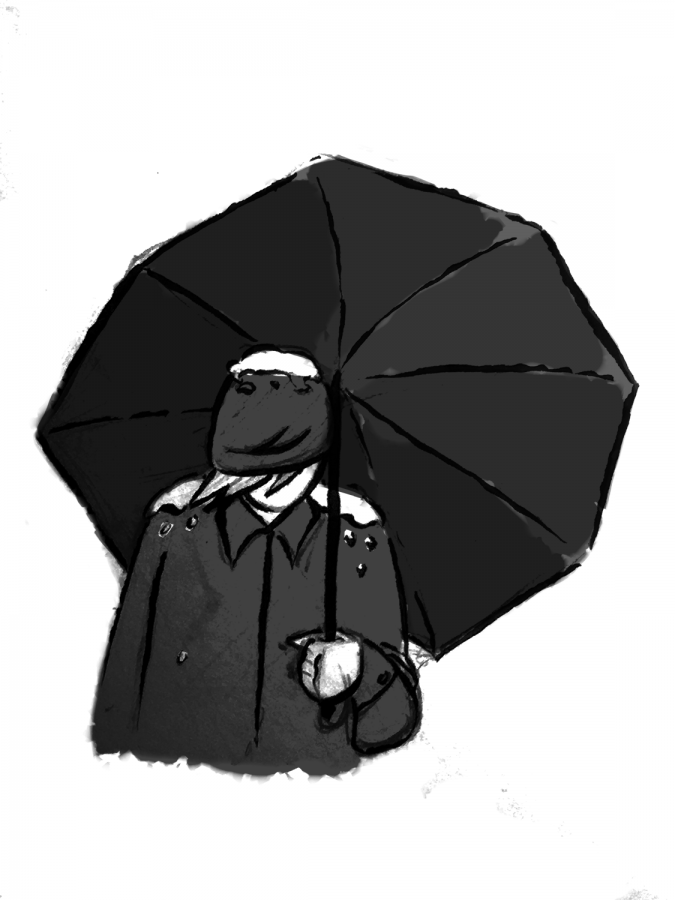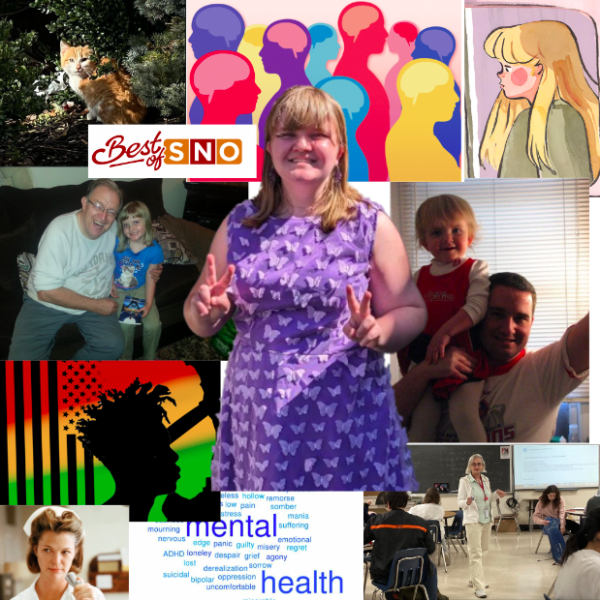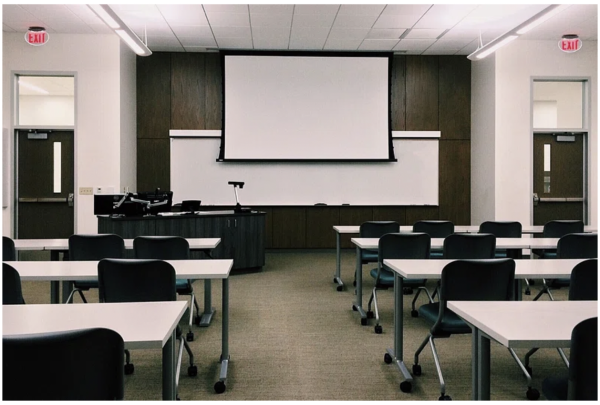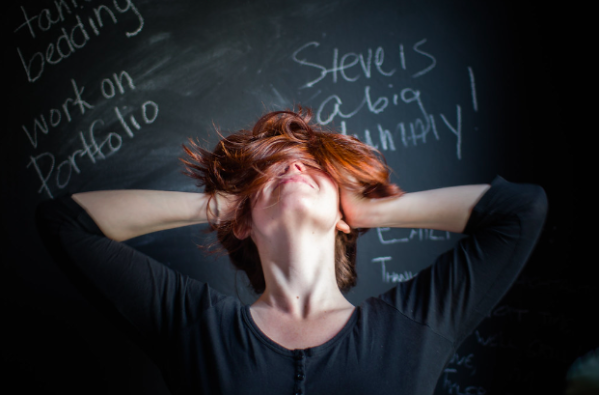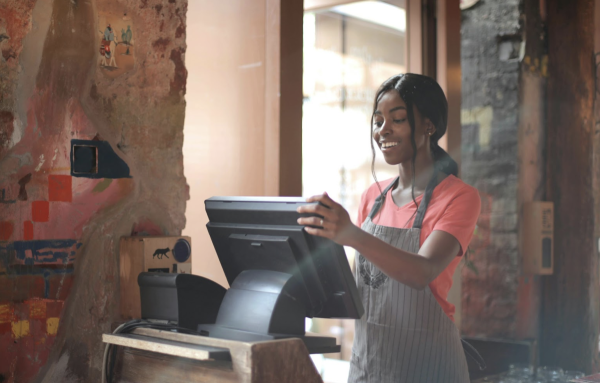Don’t be SAD this holiday season
Mental health has this stigma. While 350 million people worldwide suffer from depression, it is still one of the most taboo subjects. There are so many variations of depression that fly under the social radar and therefore remain untreated.
There are a plethora of types of depression ranging from major depression to seasonal depression and everything in between. With the holiday season in full swing, the increase of Seasonal Affective Disorder (SAD) has begun to take its dark course. Depression is 100% treatable; all that needs to happen is it needed to be openly talked about.
Seasonal Affective Disorder is “a period of major depression that most often happens during the winter months, when the days grow short and you get less and less sunlight” which typically ends in the spring and summer, according to WebMD. The cause of SAD is still unknown but it is possible that it is caused by the lack of sunlight in the winter time, allowing for a depressive state to settle in.
Another cause of SAD is the holidays themselves. While the joy of the holiday time can be a magical experience for some, it turns into a nightmare for others. Love, family, and food are plastered around town and on TV making it difficult for those with no family or those experiencing issues in their family, those who have experienced the loss of a loved one, or those with eating disorders, to cope with the stress brought on during the holiday season.
SAD and other forms of depression are easy to spot. Those suffering from SAD and depression will showcase symptoms like, “feelings of hopelessness and sadness, thoughts of suicide, hypersomnia or a tendency to oversleep, a change in appetite, especially a craving for sweet or starchy foods, weight gain, a heavy feeling in the arms or legs, a drop in energy level, decreased physical activity, fatigue, difficulty concentrating, irritability, increased sensitivity to social rejection, and avoidance of social situations” according to Psychology Today.
SAD is 100% curable and preventable. Typical treatment options include various forms of therapy, and more unconventional forms like giving back to the community through volunteering.
So, this holiday season, do not let the stigma continue, talk about mental health and no longer allow those with SAD or depression suffer in silence any longer.

